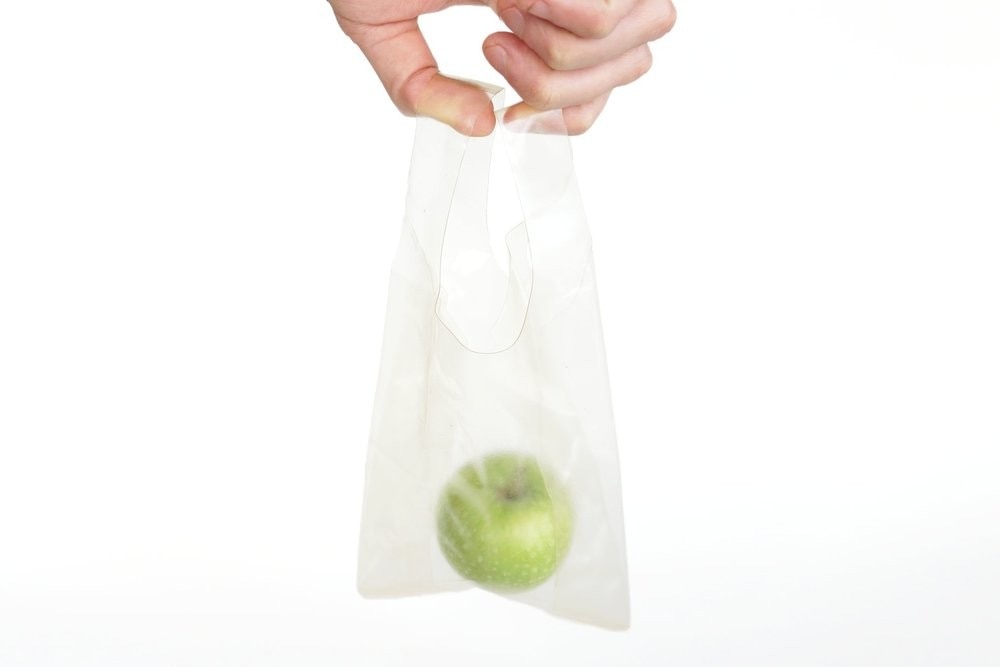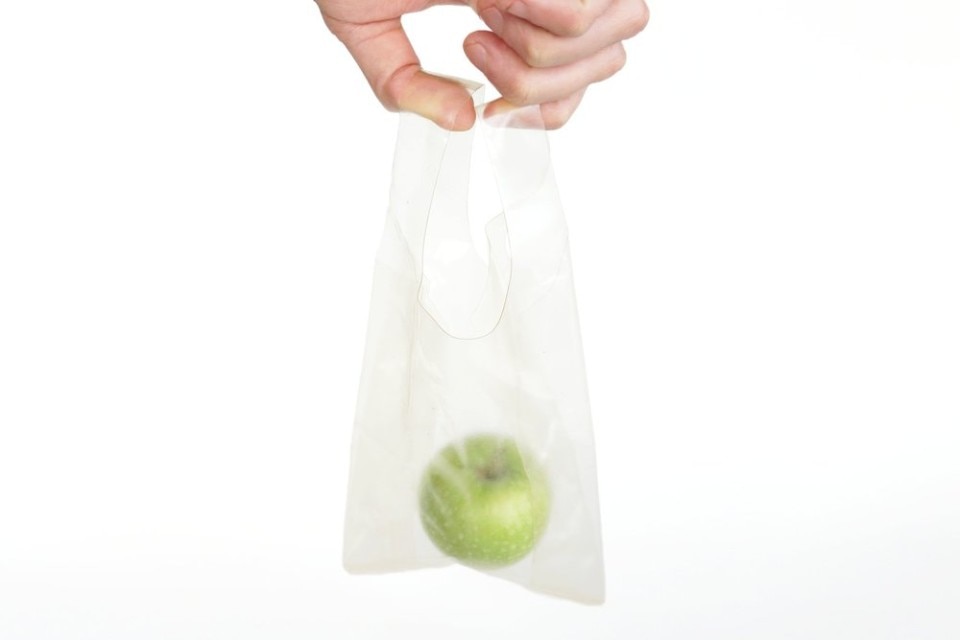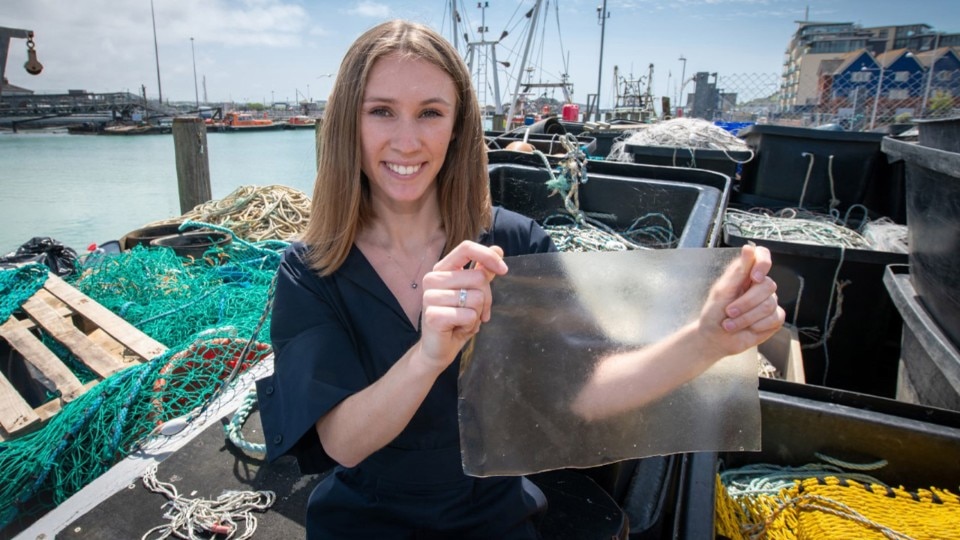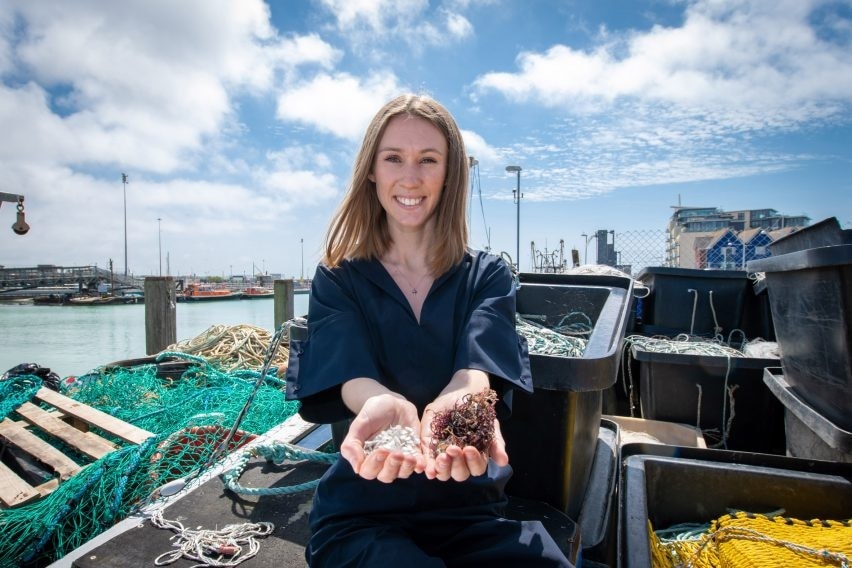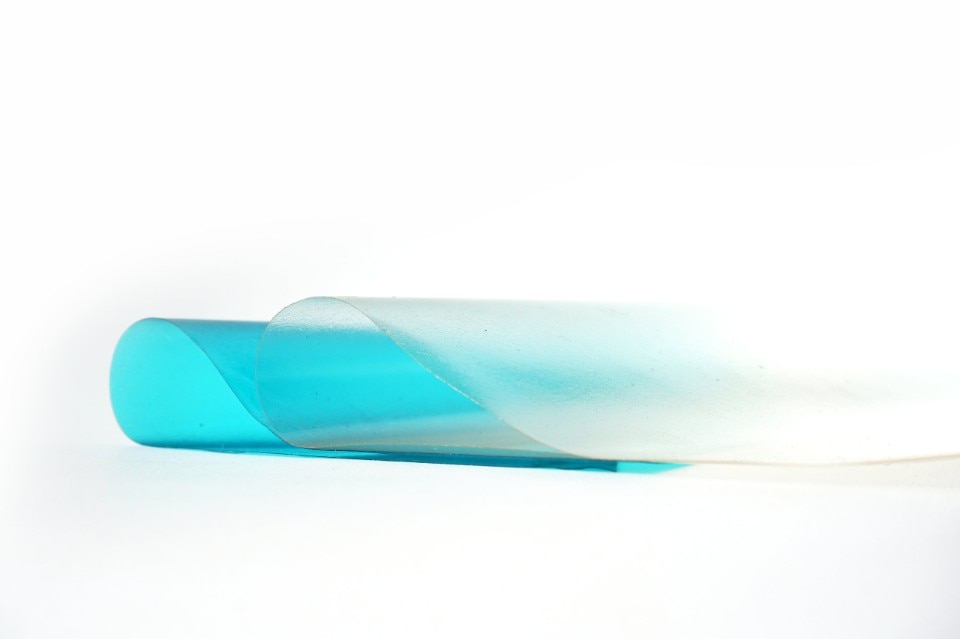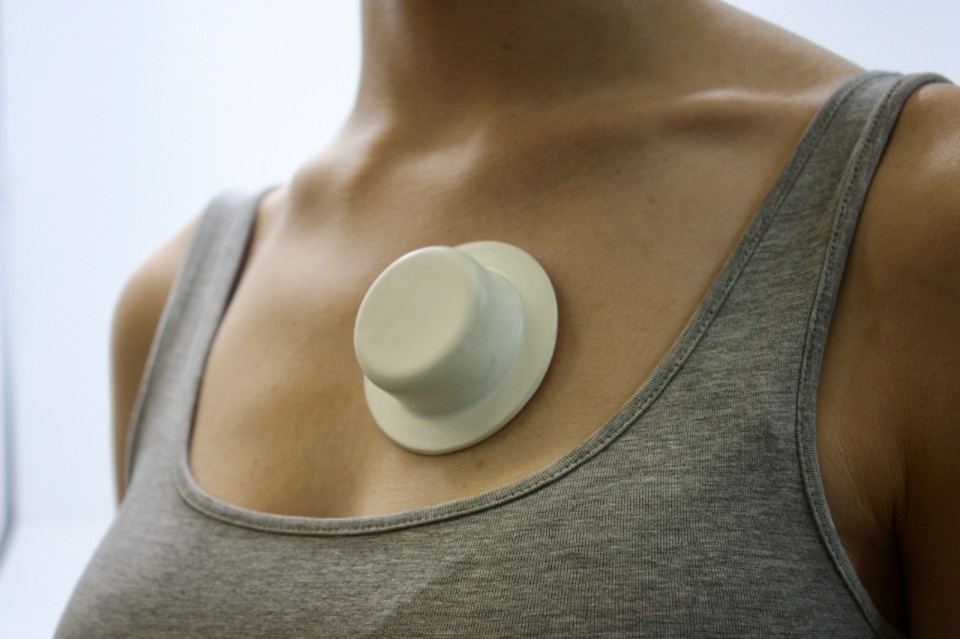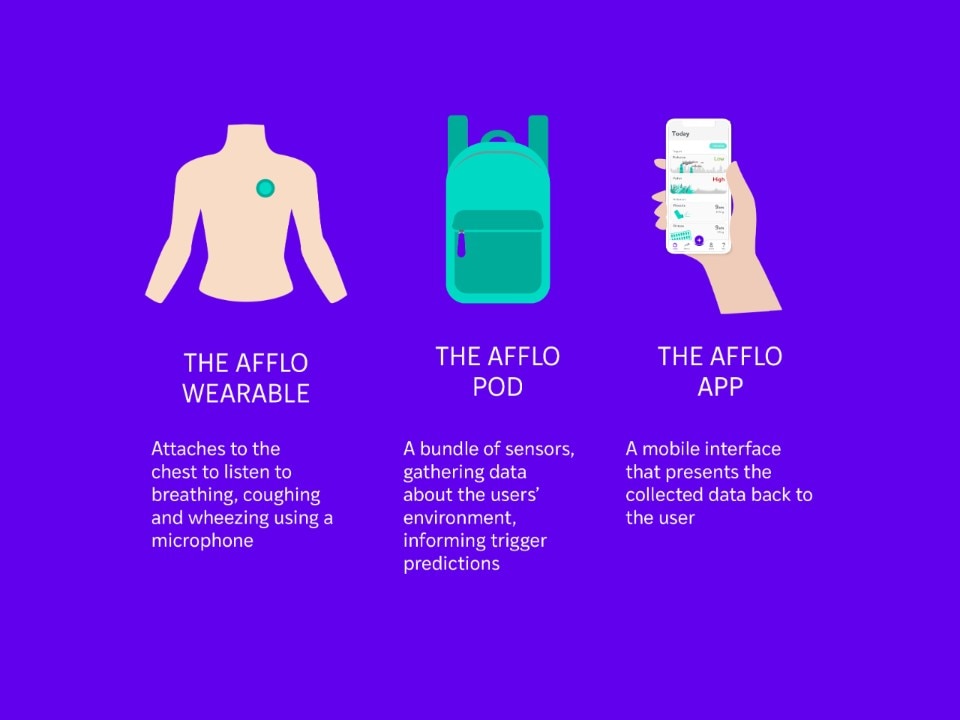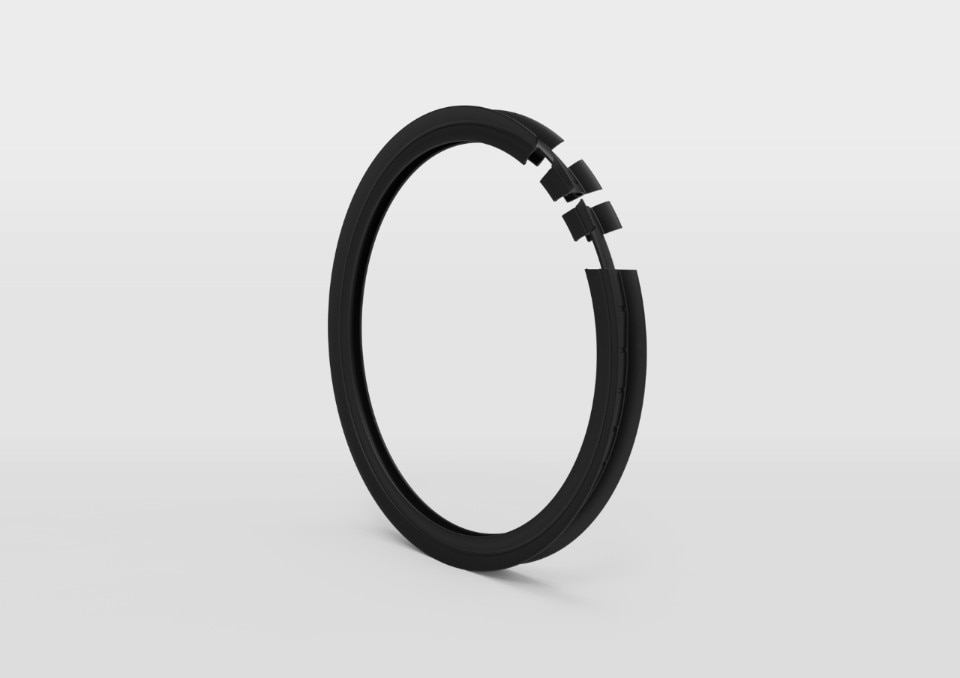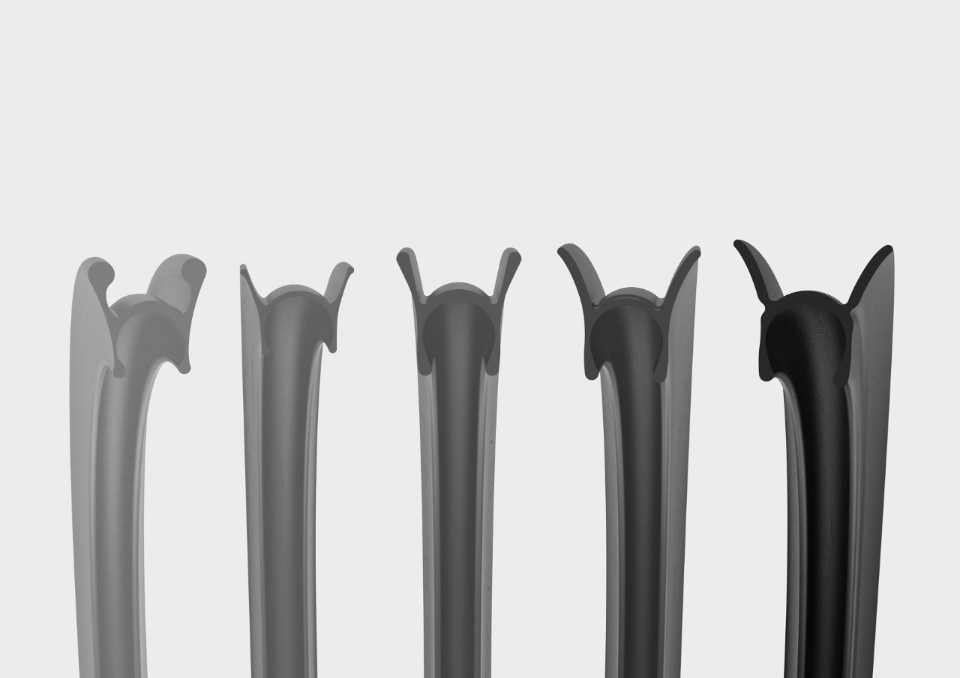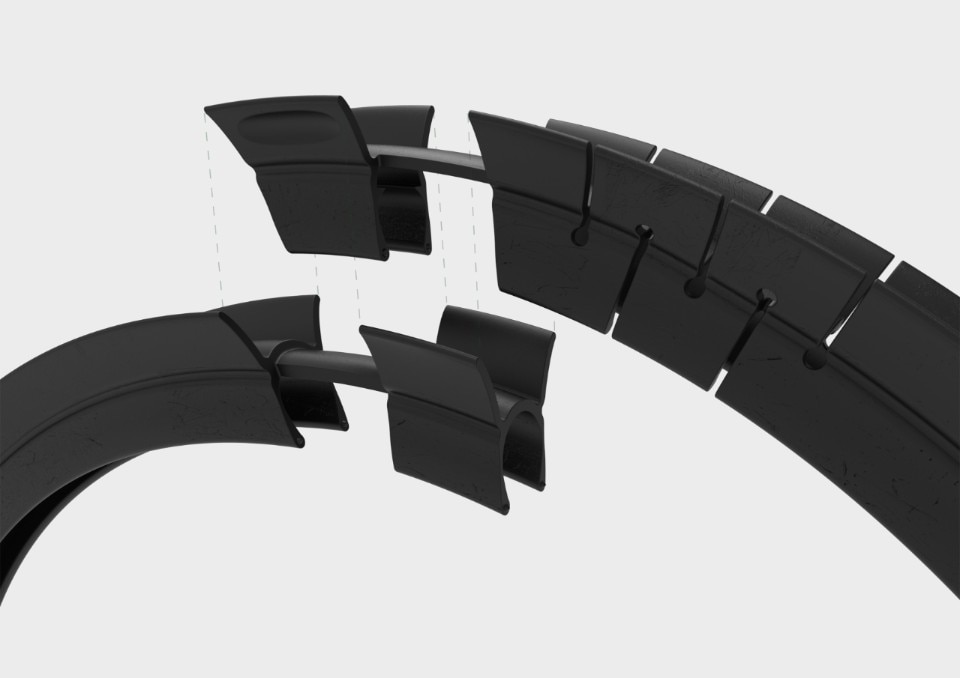Dyson has recently announced the winner of the 2019 edition of its coveted James Dyson Award. The prize went to Lucy Hughes, a student at University of Sussex, who came up with MarinaTex, a novel kind of plastic film made from fishing waste. The translucent plastic film can be used to create home compostable plastic bags to be used in the food industry to package baked goods, fresh fruit or produce. Compared to many other kind of bioplastics, MarinaTex-based products can easily compost in 4 to 6 weeks in a food recycling bin or composter. Moreover, they don’t need high amounts of energy to be produced, as the production process involves temperatures way below 100 degrees. For MarinaTex to become a commercially viable product, more research into material performance and mass manufacturing will be needed.
Along with MarinaTex, Dyson awarded two runner-up inventions, Afflo and Gecko Traxx. Afflo is an AI-based wearable device for asthma sufferers that can detect individual symptoms with a good accuracy and match them with external triggers, a procedure that’s currently done only empirically, via trial and error. Gecko Traxx is a special set of inexpensive rubber wheels that add off-road capabilities to any wheelchair, enabling the user to access otherwise impervious areas, such as beaches and uneven terrain.


